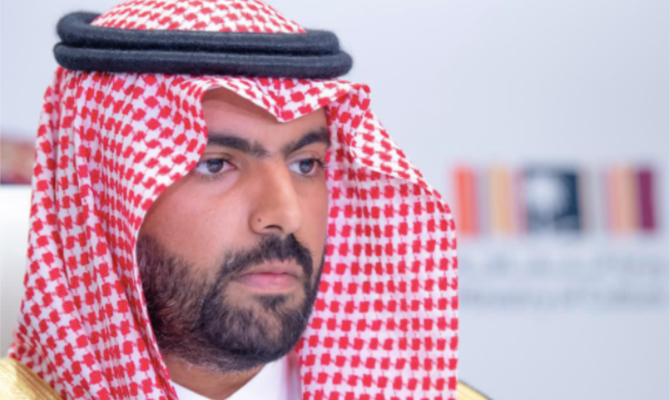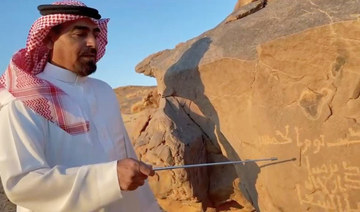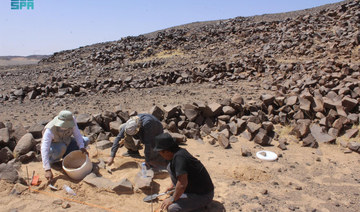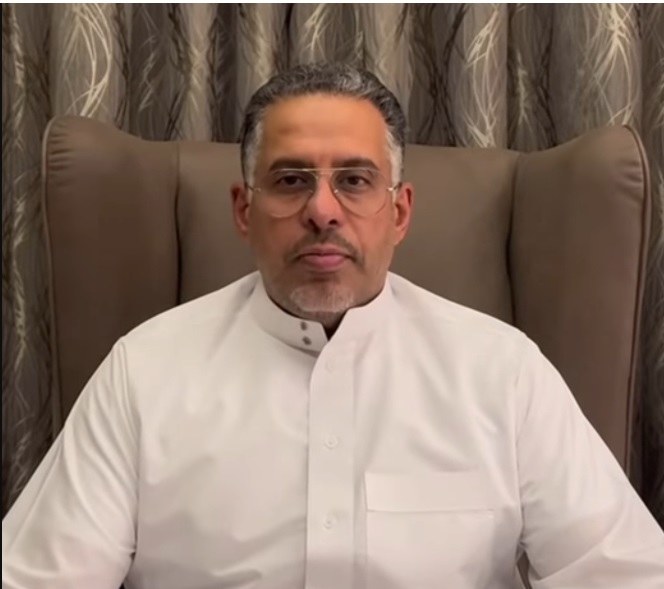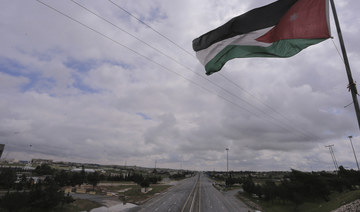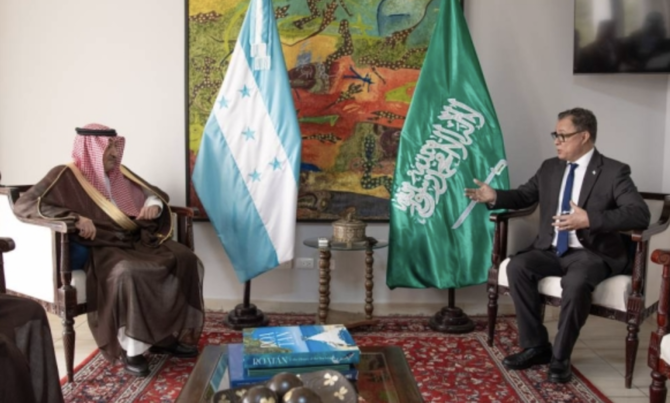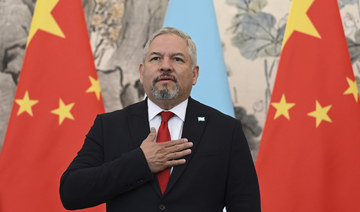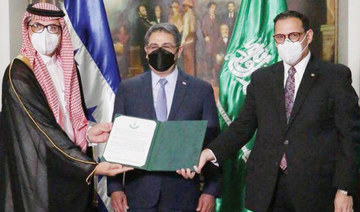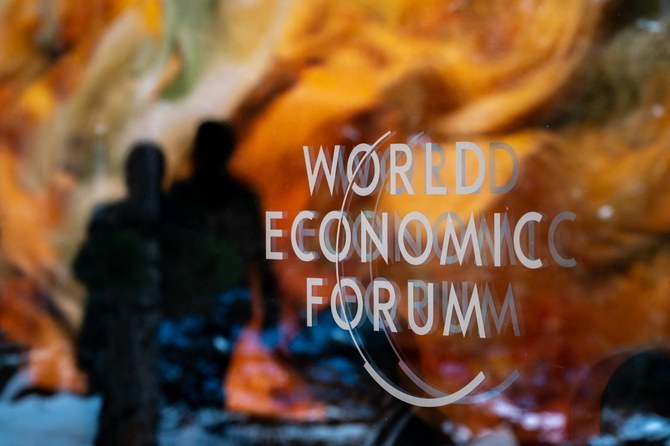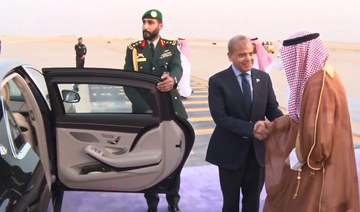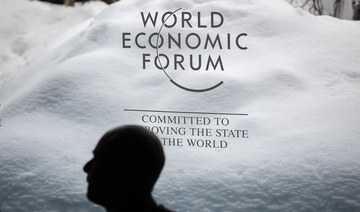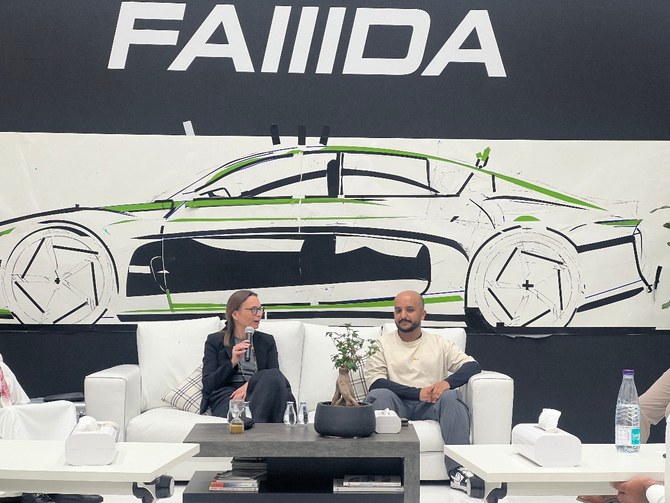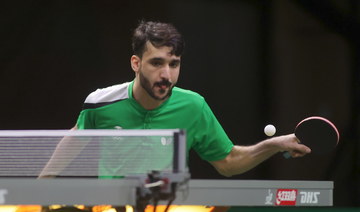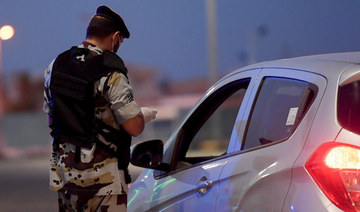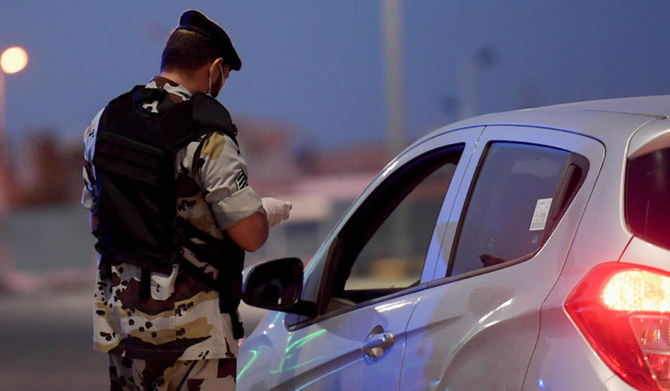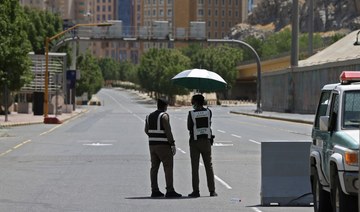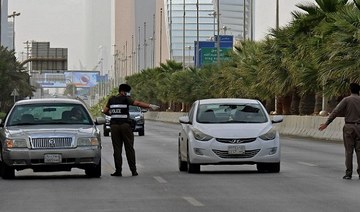JEDDAH: Young Saudis will take part in archaeological quests around the Kingdom as part of a new initiative launched by Culture Minister Prince Badr bin Abdullah bin Farhan on Tuesday.
The “Young Explorers” initiative is organized by the Heritage Commission. It aims to educate young people about the importance of archaeological excavations and raise community contribution levels in protecting and preserving national heritage in the Kingdom.
The minister, who is also governor of the Royal Commission for AlUla, tweeted: “#Young_Explorer is a National initiative that has been launched to prepare a generation that understands the significance of antiquities by protecting and celebrating them. #SaudiVision2030.”
The initiative will be implemented in three phases, each of which targets a different age group. The first is for children aged between six and 12, while the second is for children aged between 13 and 15.
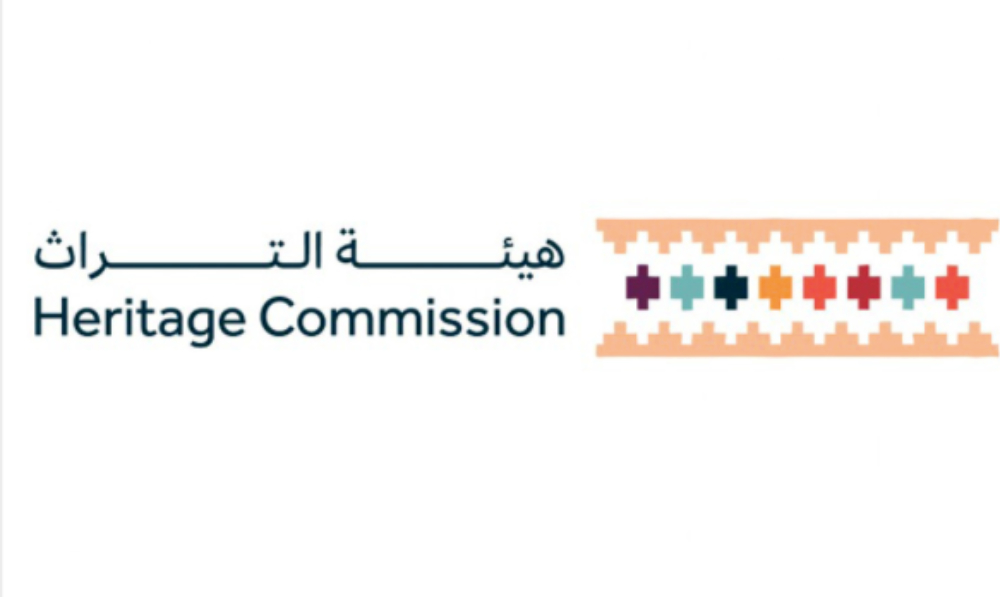
The third phase aims to attract more young generations to participate in the exploration initiative, which will also include field trips that are scheduled according to archaeological excavation seasons in the Kingdom.
Iyad Zalmout, a US paleontology and geology technical adviser for the Saudi Geological Survey, has over 20 years of experience in paleontology and earth history.
He told Arab News: “I can say that preconception of any outdoor science can be generally planted at a younger age through a diverse set of methods that meant-to-be or by coincidence.
“Archaeology in Saudi Arabia can be described as a thick book of great history and heritage, and only we have a glance of the first couple of pages, and the current generations and expeditions will not be able to jump to the next page without deciphering and unlocking the previous pages.
“Therefore, archaeological expeditions in Saudi Arabia are diverse in their prospects and output. They usually do their work carefully and patiently by running their professional work in the cool seasons (fall, winter, and part of the spring), and take a break in the summer to evaluate their work, download their thoughts, and prepare for the next step in their projects.”
Starting at the Heritage Village of Sadous at Ad Diriyah in Riyadh, kids will be introduced to archaeology through on-site and simulated archaeological excavation processes.
“Kids can learn effectively and precisely from the best professional archaeologists by using their VR goggles (headsets) and watch the whole entertaining process without interruption. They can ask questions and get answers at the same moment on whatever object is getting excavated,” Zalmout said.
The initiative will present several virtual archaeological sites simulating real locations in the Kingdom. It also includes competitions on related subjects, such as the history and geography of the Kingdom, to deepen the impact on the children taking part.
“Young Explorers” will help kids to learn basic techniques and skills about the excavation process by showing them how to use tools such as brushes, picks, needles, shovels, wheelbarrows, trawls, sieves, pails, threads, and nails.
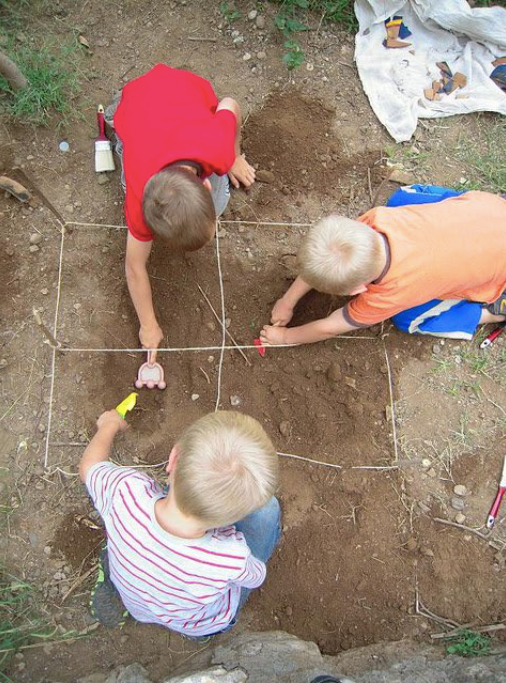
“Kids can be taught principles of excavation by unearthing buried plastic models of an extinct animal or a human skeleton replica. Teaching kids excavation principles should be conducted by a mentor that can develop their confidence, courage, and patience.
“Kids at early ages should be aware of the significance of the archaeological assets at national museums, public areas, and in the field. These assets can be an object, a structure, a burial site, or even a piece of art carved on cliffs and rocks.”
The initiative will provide children with guidance and informative workshops to follow the appropriate methods for archaeological excavations.
It also will grow a team spirit among them and give them the knowledge, science, rights, and duties they should be aware of toward antiquities.
“Kids at young ages should be exposed to archaeology as an entertaining and enchanting science, and should be introduced to the Kingdom’s archaeology by giving them an overview of the history of civilizations and their impact on the evolution of the surrounding landscape in the Arabian Peninsula and of course the impact of these civilizations and our ancestors on our current life, culture, and values.”
Zalmout welcomed the “Young Explorer” initiative, saying it would give younger generations exposure to growing fields in the region and help build a pipeline for educational fields and career paths in the Kingdom’s development.
“Moving from an old school practice and textbooks into the interactive digital era is a powerful and smart step that will have an immense impact on archaeology teaching, especially on younger generations.”
Last November, the prince launched a national initiative to explore the inscriptions and rock formations found in various Saudi regions.
It was considered the first initiative of its kind in Saudi Arabia, in terms of involving members of the community to help discover the heritage represented in rocks and inscriptions found in the country's mountains, valleys, and deserts.



